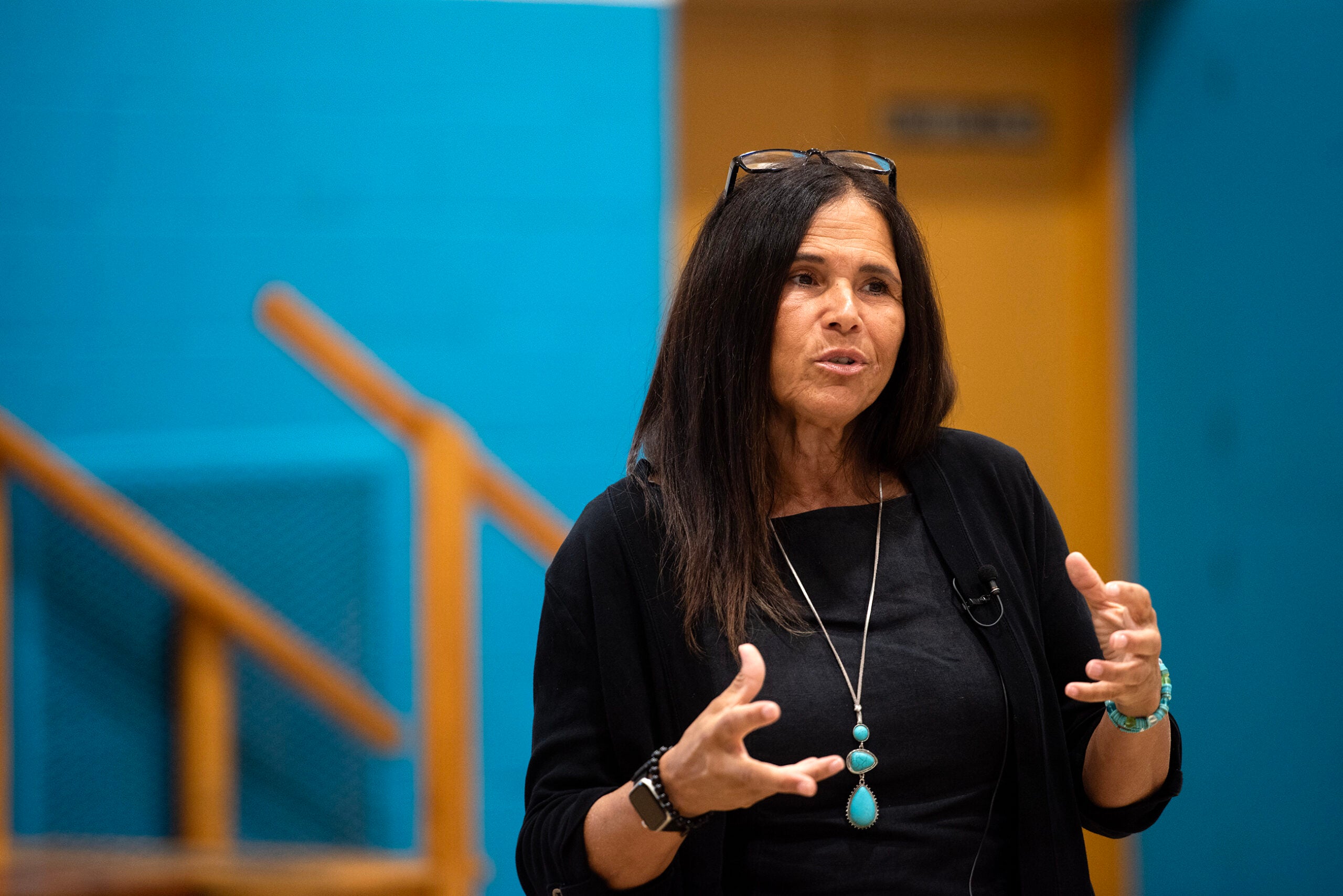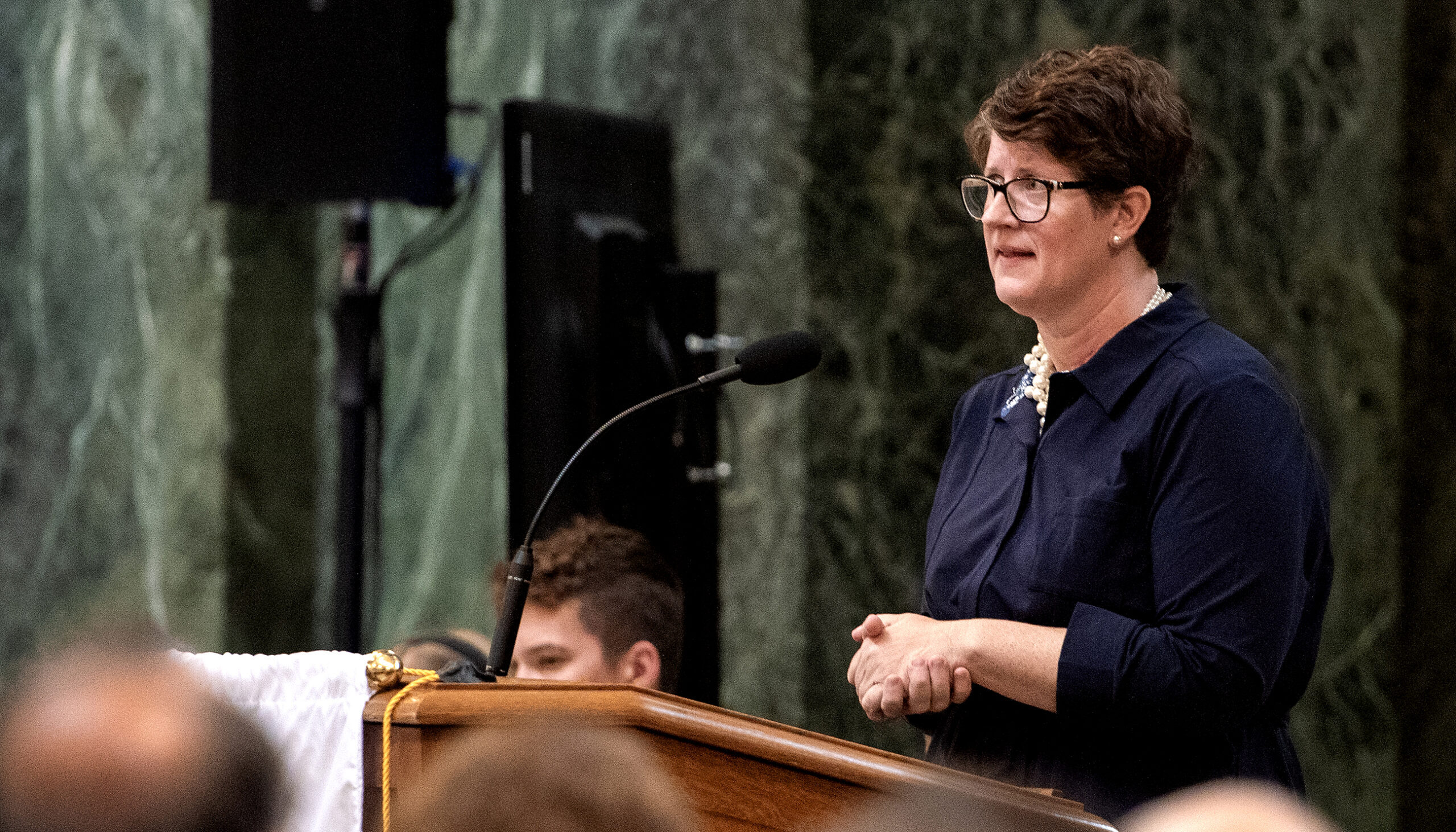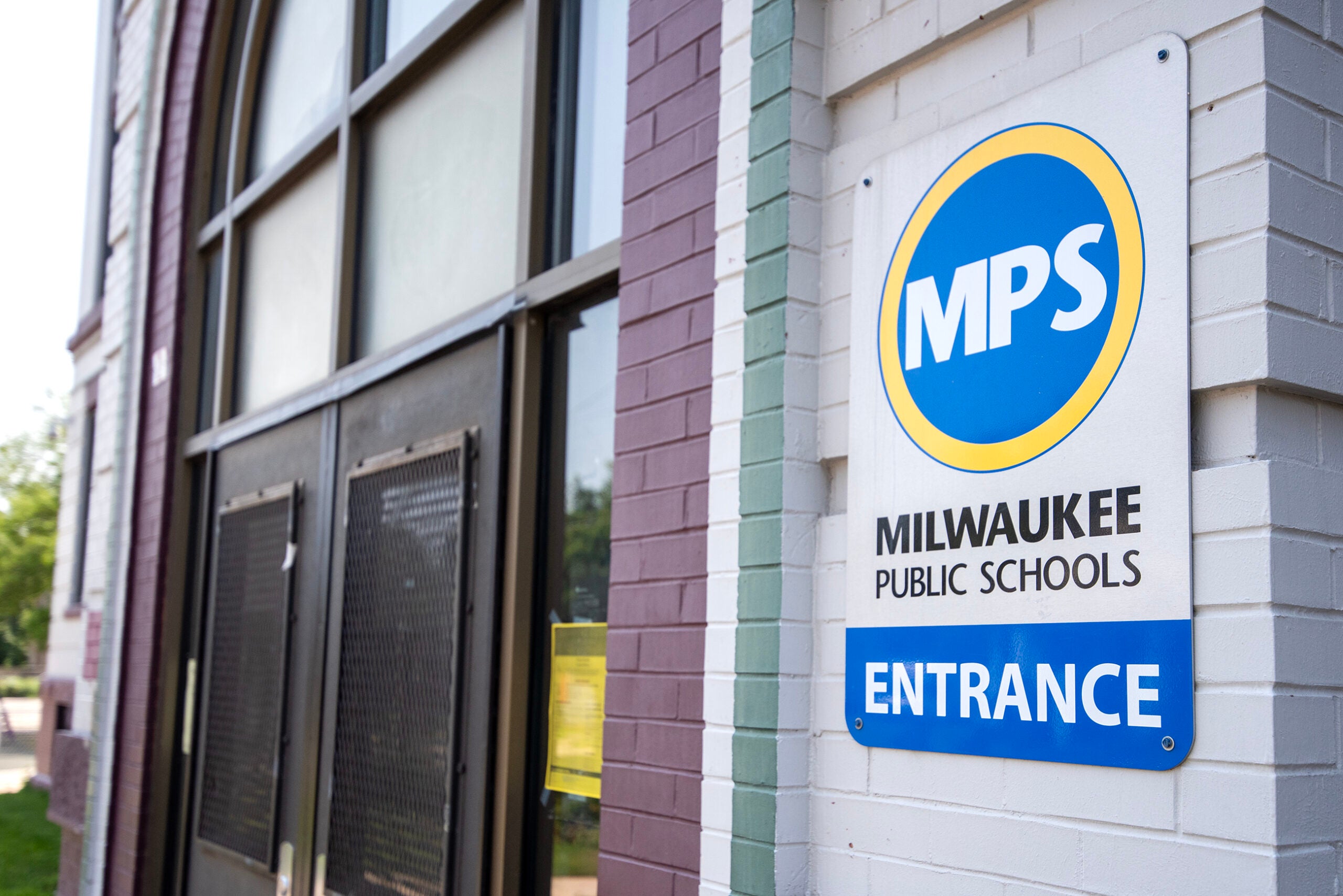Wisconsin high school students will have to complete at least a half credit of personal financial literacy to graduate under a new law signed Wednesday by Gov. Tony Evers.
Students will be required to take a course that includes lessons on different skills, including money management, saving and investing and credit and debt. The mandate will start with the 2028 graduating class.
In a statement announcing the bill signing, Evers said the new law aligns with his goals for financial literacy.
News with a little more humanity
WPR’s “Wisconsin Today” newsletter keeps you connected to the state you love without feeling overwhelmed. No paywall. No agenda. No corporate filter.
“We have to make sure our kids have the tools and skills to make smart financial and budgeting decisions to prepare for their future, so ensuring our kids have strong financial literacy is essential to setting them up for success as adults,” Evers said in a news release.
Rep. Elijah Behnke, R-Oconto, one of the coauthors of the plan, said he’s very glad the mandate is now law.
“If I would’ve had better fiscal literacy as a young man or a teenager, I’d already be a millionaire,” Behnke said in an interview. “If you don’t know how to save and manage money properly, you will spend it as fast as you can make it.”
Wisconsin is now the 24th state to guarantee a standalone half-credit course in financial literacy, according to Next Gen Personal Finance. Previous attempts to make financial literacy a requirement had failed.
Supporters of financial literacy requirement cite wide range of reasons
The financial literacy bill had broad, bipartisan support in the Legislature, passing the Senate on a 29-4 vote and passing the Assembly 95-1. Its backers cite a wide range of reasons.
Rep. Alex Dallman, R-Green Lake, the lead author of the plan, said financial literacy is the most important skill to give the next generation of students.
“We need to make sure that people aren’t relying so much on either government welfare or benefits, and being able to keep themselves afloat and learn what it means to make money, save money, invest wisely, and also know how to get under their feet and into the economy at a much faster rate than they are right now,” Dallman said.
Rep. Jenna Jacobson, D-Oregon, said a mandate will allow for equitable access to financial literacy.
“Not just because your parents were good at handling money or you took a specific class and it was embedded in that, but every kid has that touchpoint where they’re learning financial information,” Jacobson said.
Wendy Baumann is on the Governor’s Council on Financial Literacy and has served as its chair for the past three years. She said there is a disparity in the finances of women, people of color and people of lower income. She said education is one way to address those inequities and benefit society as a whole.
“If someone’s not in public housing, and they’re living in a house of their own, they’re paying taxes for that house, they’re more financially self-sufficient, they’re less of a burden on the taxpayer dollars,” Baumann said.
Previous state law required financial literacy to be incorporated into the curriculum in grades K-12, but it did not have to be a stand-alone course. Students starting high school in the fall of 2024 will be the first class to be covered by the new requirement.
Rep. William Penterman, R-Columbus, said this will give schools time to set curriculum and prepare teachers.
“It takes time. It doesn’t just happen overnight,” Peterman said.
‘It’s just like driver’s ed’
According to Debt.org, a national debt help organization, the average consumer debt in Wisconsin is $81,220, approximately $15,000 less than the national average.
Advocates argue that financial education will save society money in the long term.
A 2022 study found that more Americans are living paycheck to paycheck. The Financial Industry Regulatory Authority found that the more financial literacy a person has, the more money they save.
Many schools are already teaching financial literacy. Approximately 35 percent of Wisconsin high school students are currently attending schools in which a standalone personal finance class is required for graduation, according to Next Gen Personal Finance, a nonprofit organization that advocates for financial literacy in schools.
Darryl Johnson is the executive director of Riverworks Development Corporation, which offers one-on-one financial counseling to adults to help them manage financial crises like evictions and debt.
Johnson said he supports financial literacy education in school because it can help families before a crisis presents itself. Kids who learn it, he said, could even teach their parents in some instances.
“I think it is just like driver’s ed. I think it’s important before you get on the road, you know what you have to do,” Johnson said.
Wisconsin Public Radio, © Copyright 2026, Board of Regents of the University of Wisconsin System and Wisconsin Educational Communications Board.







